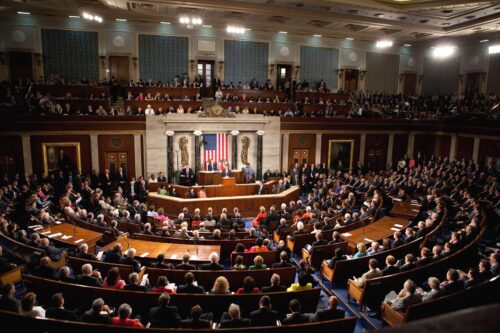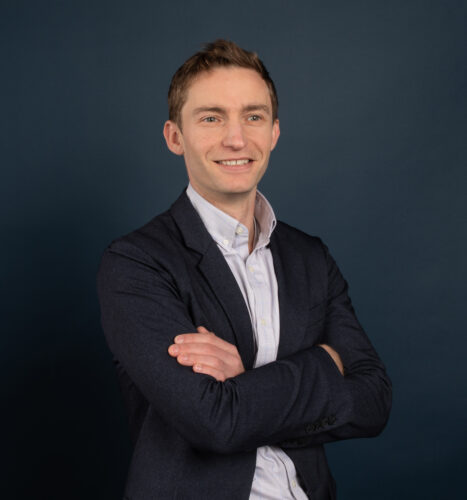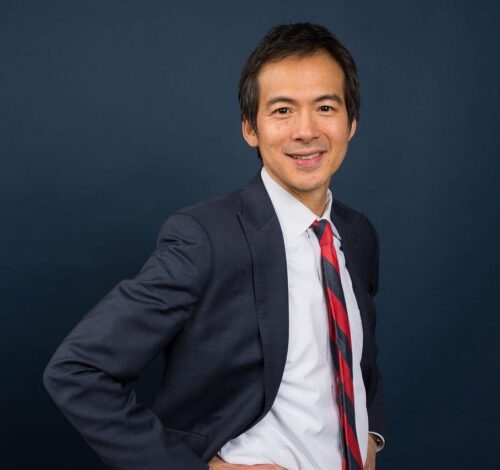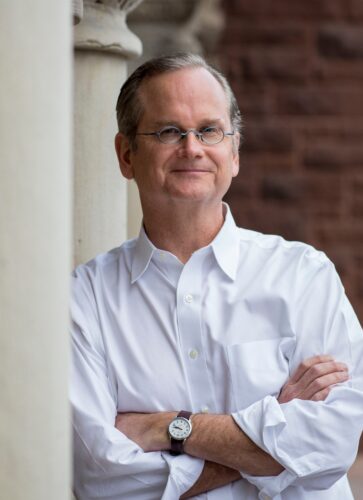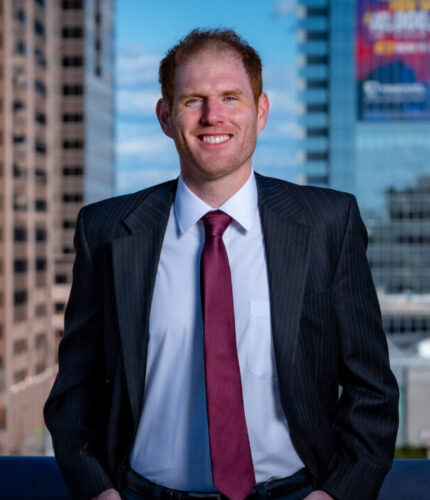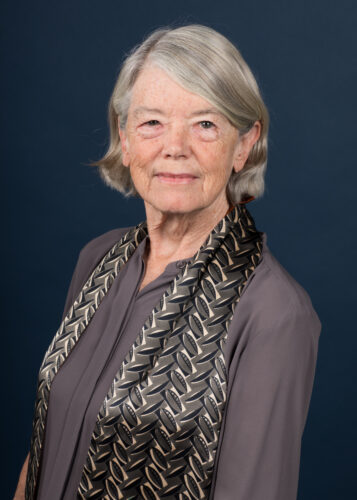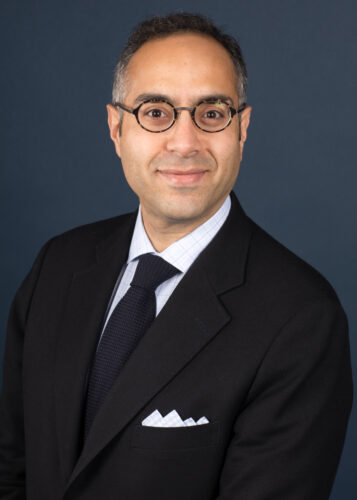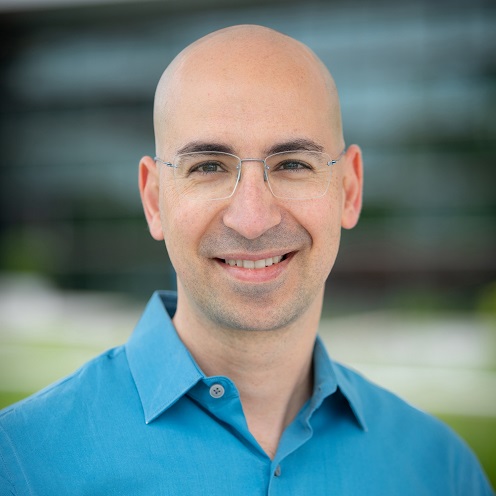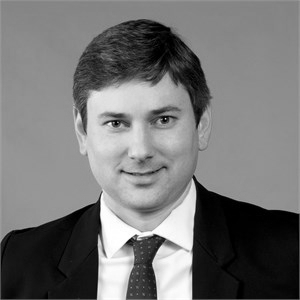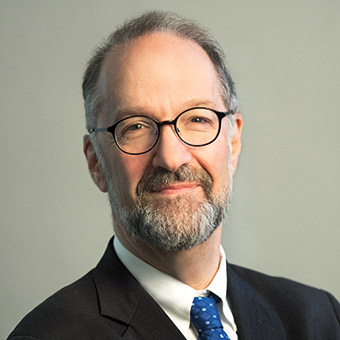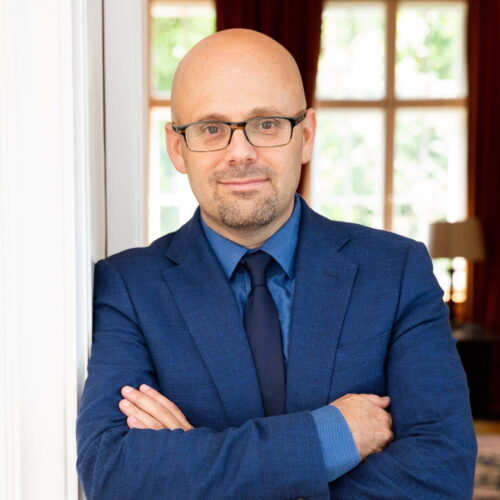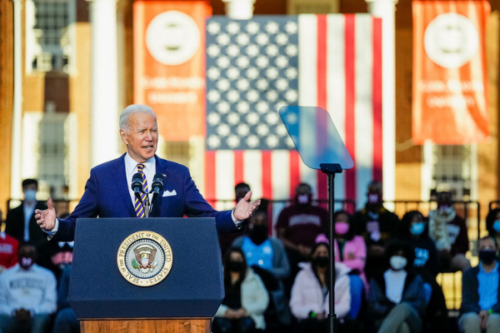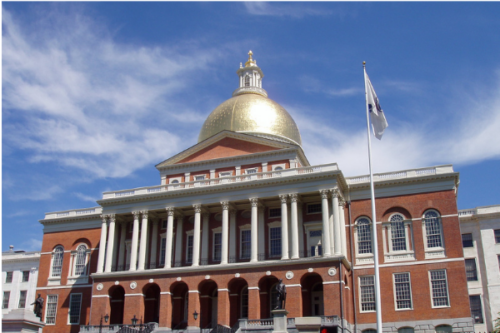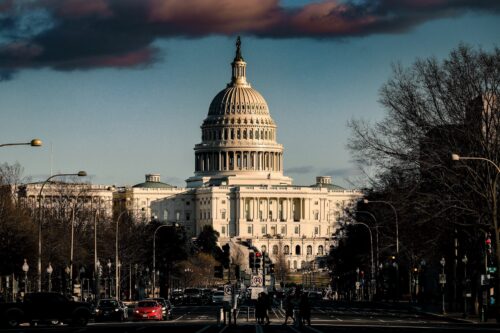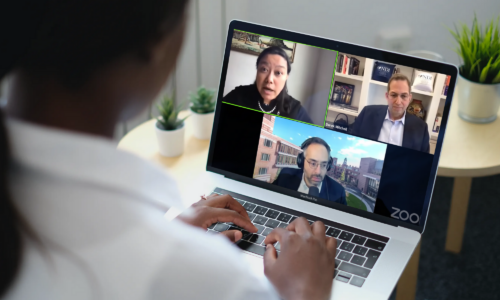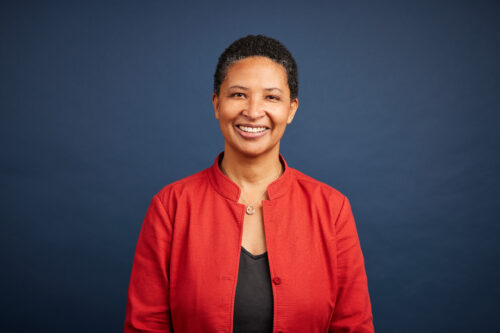
Danielle Allen
Professor of Public Policy, James Bryant Conant University Professor
At the Ash Center, we’re working to generate new ideas to reform our democratic institutions for the 21st century.
Allen Lab for Democracy Renovation, Reimagining Democracy Program
Many of our most basic democratic institutions, from the Electoral College to Congress itself, were born in the eighteenth century when American democracy and America looked markedly different than today. At the Ash Center, we’re working to modernize and reform these institutions for a healthy 21st-century democracy.
As political polarization continues to test the strength of even our most bedrock political institutions, the Ash Center brings together scholars, practitioners, and policymakers from across the country to discuss how to protect and modernize our democracy.
Through working groups and convenings, case studies, and research projects, the Ash Center is working to identify reforms both large and small that will help strengthen the future of American democracy for generations to come.
Professor of Public Policy, James Bryant Conant University Professor
Associate Professor of Public Policy
Director, Ash Center for Democratic Governance and Innovation;
Winthrop Laflin McCormack Professor of Citizenship and Self-Government
Roy L. Furman Professor of Law and Leadership
Senior Practice Fellow in American Democracy, February 2025 - November 2025
Non-resident Senior Practice Fellow in American Democracy, December 2025 - November 2026
Adams Professor of Political Leadership and Democratic Values Emerita
Ford Foundation Professor of Democracy and Governance
Assistant Professor of Public Policy
Paul F. McGuire Lecturer in Comparative Politics
Alfred and Rebecca Lin Professor of Computer Science
Associate Professor of Public Policy
Visiting Professor of Public Policy at the Harvard Kennedy School
Eaton Professor of the Science of Government
In-Person Event
Ash Center Seminar Room 225, Suite 200, 124 Mount Auburn Street
12:00 pm – 1:00 pm EST
Q+A
To discuss the filibuster and its impact on voting rights and the Senate, we sat down with Archon Fung, Winthrop Laflin McCormack Professor of Citizenship and Democracy at Harvard Kennedy School and the director of the Ash Center for Democratic Governance and Innovation’s Democratic Governance Program.
Q+A
Requiring citizens to vote, or actively abstain, would increase voter participation and make democracy more representative in the Bay State says Ash Center Senior Practice Fellow in American Democracy.
Video
What would it be like to really rethink our Constitution? In this webinar, we learned about participatory constitution building, a way of writing a new constitution with full public participation. Participatory constitution building is common around the world, but how it is designed and the process by which it is undertaken is critical to making it a success anywhere. We learned with experts on participatory constitution building globally, in Chile at this moment, and among tribal governments. What are the practices we might think about as we reconsider the strengths and weaknesses of our own constitution in this country?
Speakers included:
Policy Brief
Feature
Two Kennedy School student research projects chart path forward on voter engagement.
Video
Video
The Ash Center for Democratic Governance and Innovation convened advocates from the states and Capitol Hill to discuss what is at stake and the strategies being used in the fight for voting rights and democracy reform.
Video
The Ash Center and the American Academy of Arts and Sciences (AAAS) hosted a discussion of Our Common Purpose, a report issued by the Commission on the Practice of Democratic Citizenship.
Commentary
On March 1, the Georgia House of Representatives passed H.B.531, a sweeping elections bill that critics and voting rights advocates were quick to note increases restrictions on absentee voting and curtails weekend early voting hours.
Video
Feature
During a recent Ash Center event, experts discussed how the people of Myanmar have responded to recent events and what potential remains for a democratic future in the country.
Video
Q+A
As the world looks back on the events that convulsed much of the Middle East a decade ago during what became known as the Arab Spring, the Ash Center sat down with Tarek Masoud, Professor of Public Policy and Sultan Qaboos bin Said of Oman Professor of International Relations, to discuss the prospects for democracy in the region today.
Video
Video
